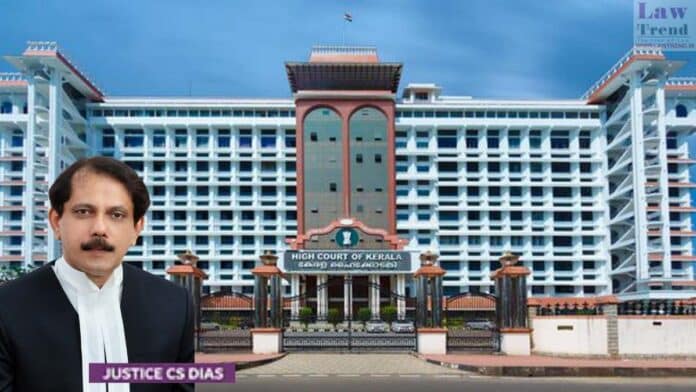In a significant ruling, the Kerala High Court granted pre-arrest bail to an accused in a case related to his wife’s suicide. The judgment was delivered by Justice C.S. Dias in Bail Application No. 6454 of 2024 concerning Crime No. 277/2024 registered at the Pothanikadu Police Station, Ernakulam. The petitioner was accused under Sections 498-A
To Read More Please Subscribe to VIP Membership for Unlimited Access to All the Articles, Download Available Copies of Judgments/Order, Acess to Central/State Bare Acts, Advertisement Free Content, Access to More than 4000 Legal Drafts( Readymade Editable Formats of Suits, Petitions, Writs, Legal Notices, Divorce Petitions, 138 Notices, Bail Applications etc.) in Hindi and English.




